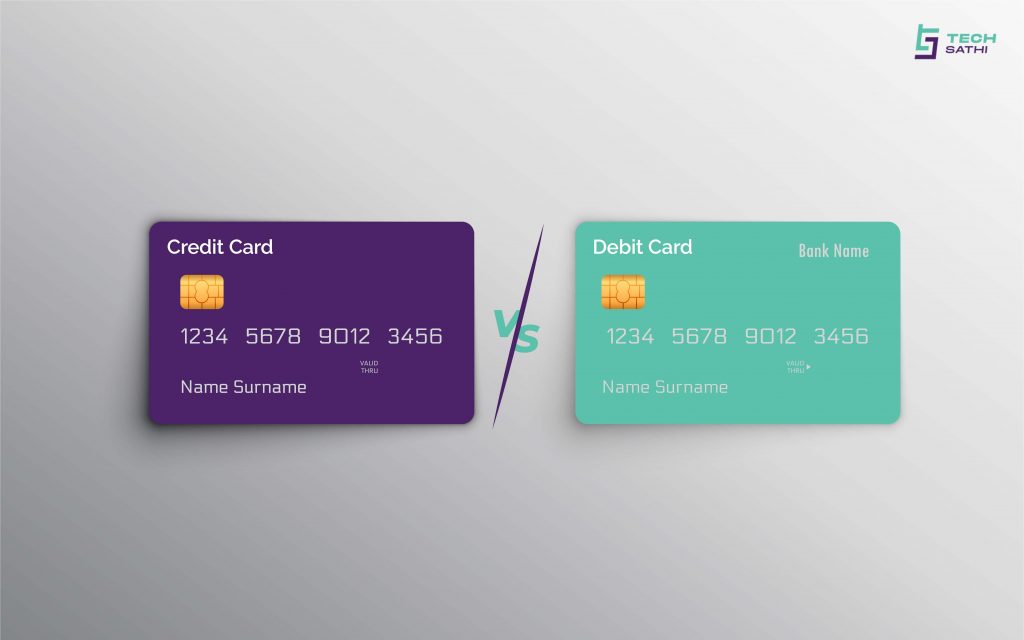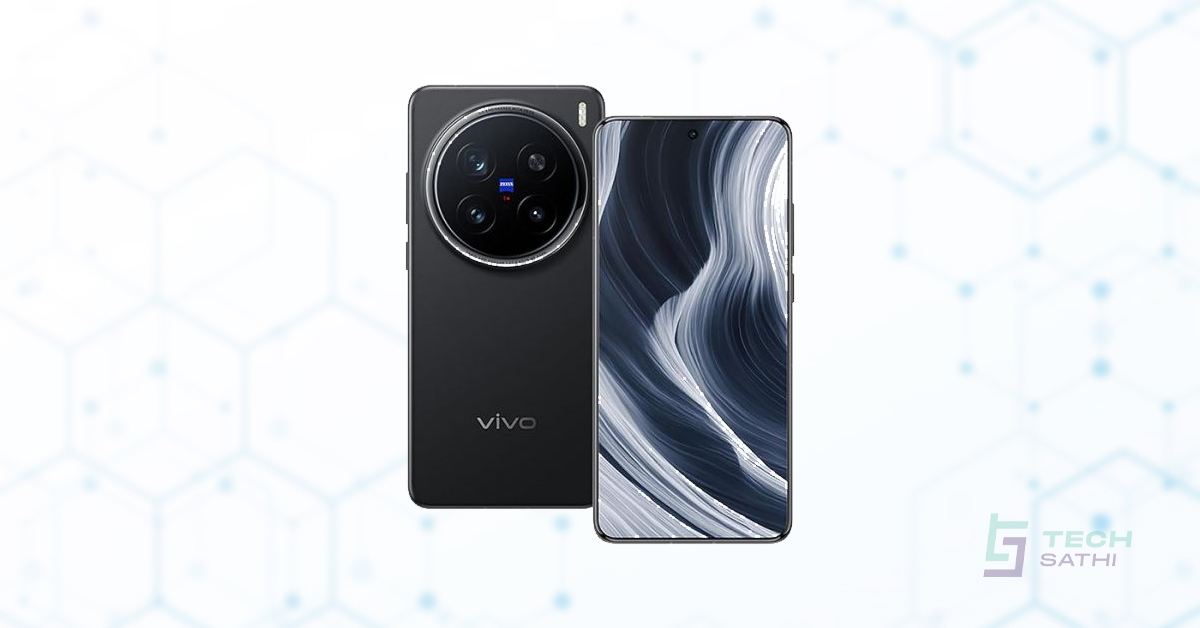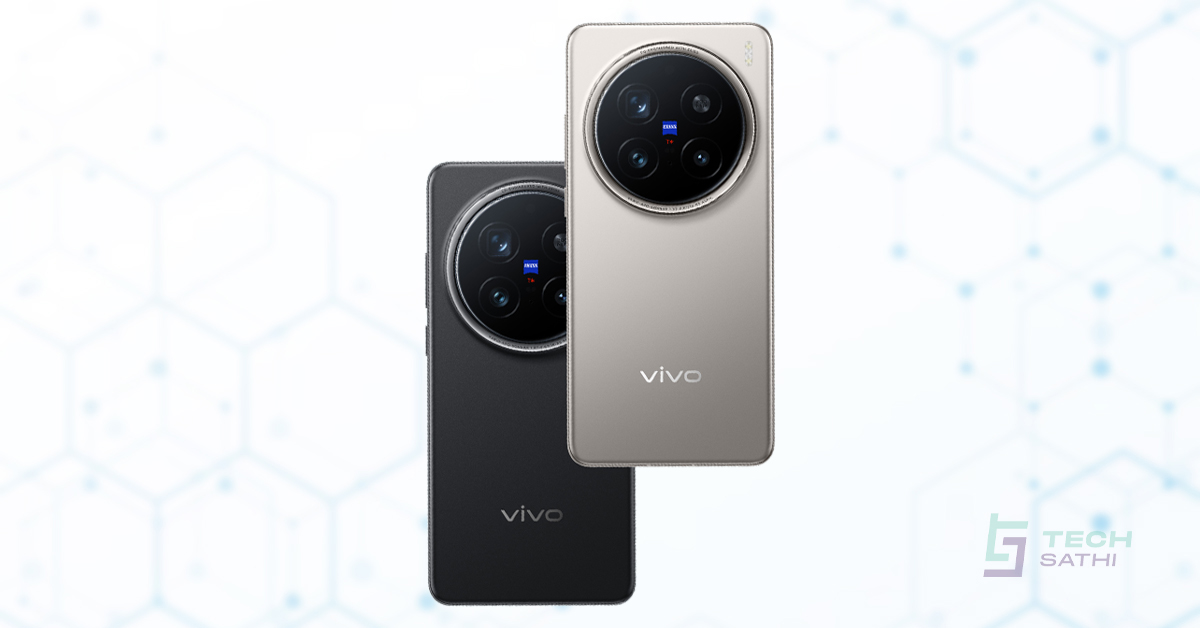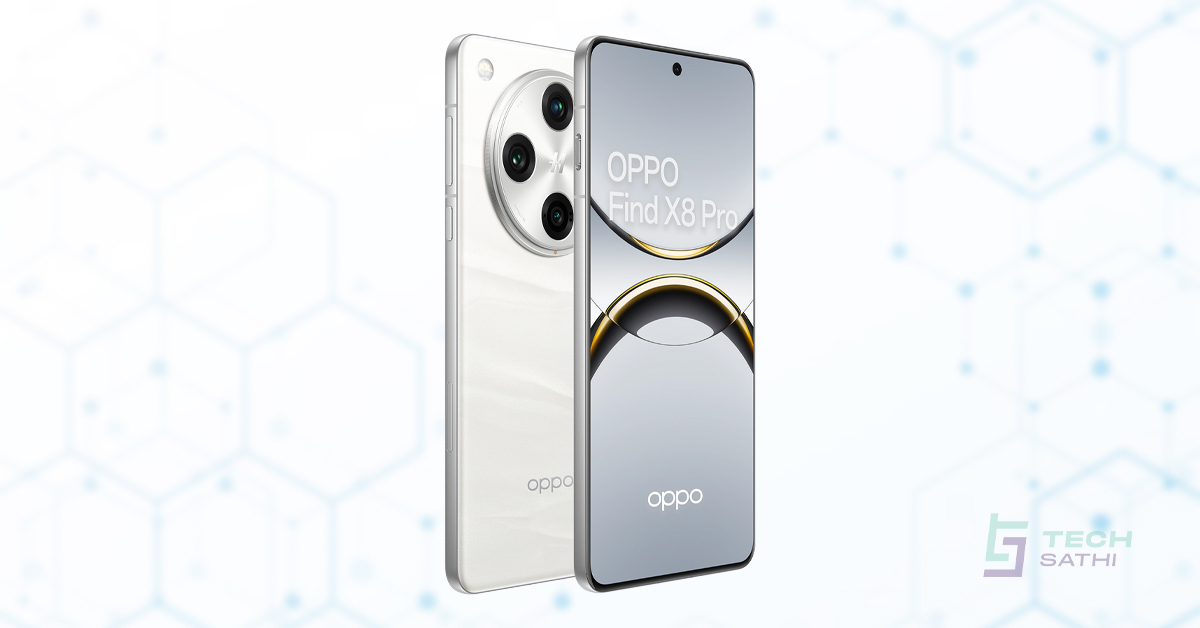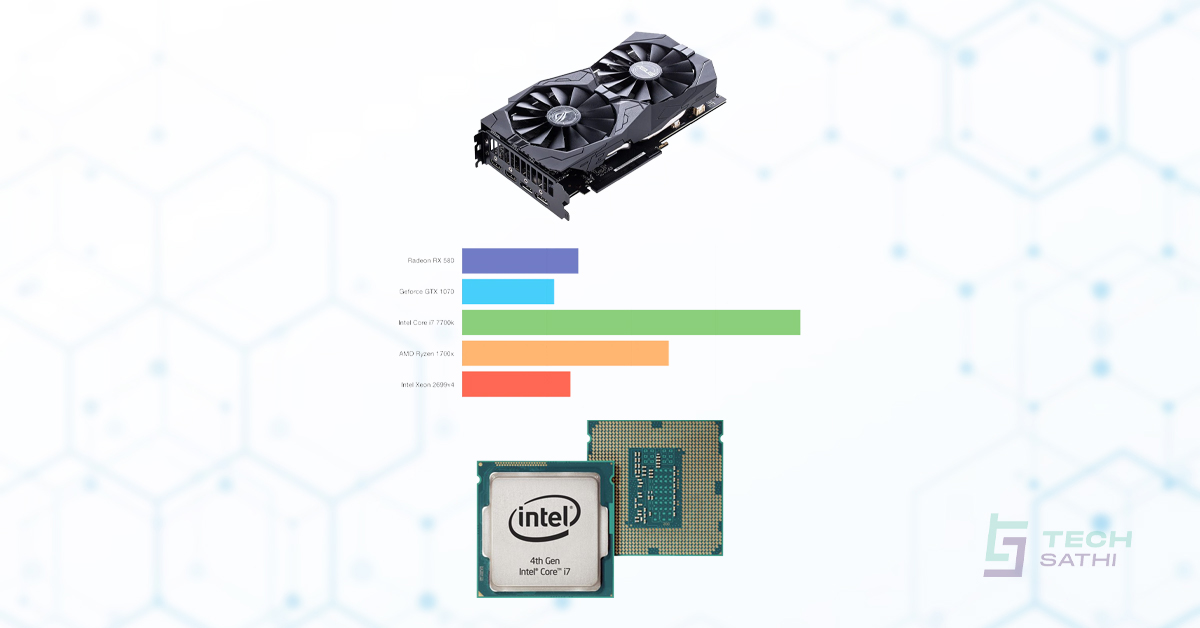Anyone with a bank account is undoubtedly familiar with these two types of plastic money- Debit card and a Credit Card. While the world is moving towards digital payments and cryptocurrencies, still the importance of cards is prominent in the banking system.
With the spread of banking and financial inclusion, the number of these card users is increasing at a considerable rate. Nepal witnessed an increase in the debit cards and credit cards users by 9.5% and 30.17% respectively, in 2020 as compared to 2019. But do you know their actual difference and how to make the most out of them? Let us take you to the tour.
Before that, we would like you to know about plastic money. Plastic money is a term used synonymously to a hard plastic card that we use instead of bank notes. They carry our information in the form of a magnetic strip or a small metallic body, which authorizes the user’s information whenever they use that card. It is made available by the banks in various forms as per their own purposes, namely- cash card or ATM card, Debit Card, Credit Card, Prepaid Cash Card, In-store card and some others.
We are going to shed the light on two major cards- Debit and Credit cards which are mainly used for cash withdrawal, e-commerce, and other purchases in Nepal.
Debit Card
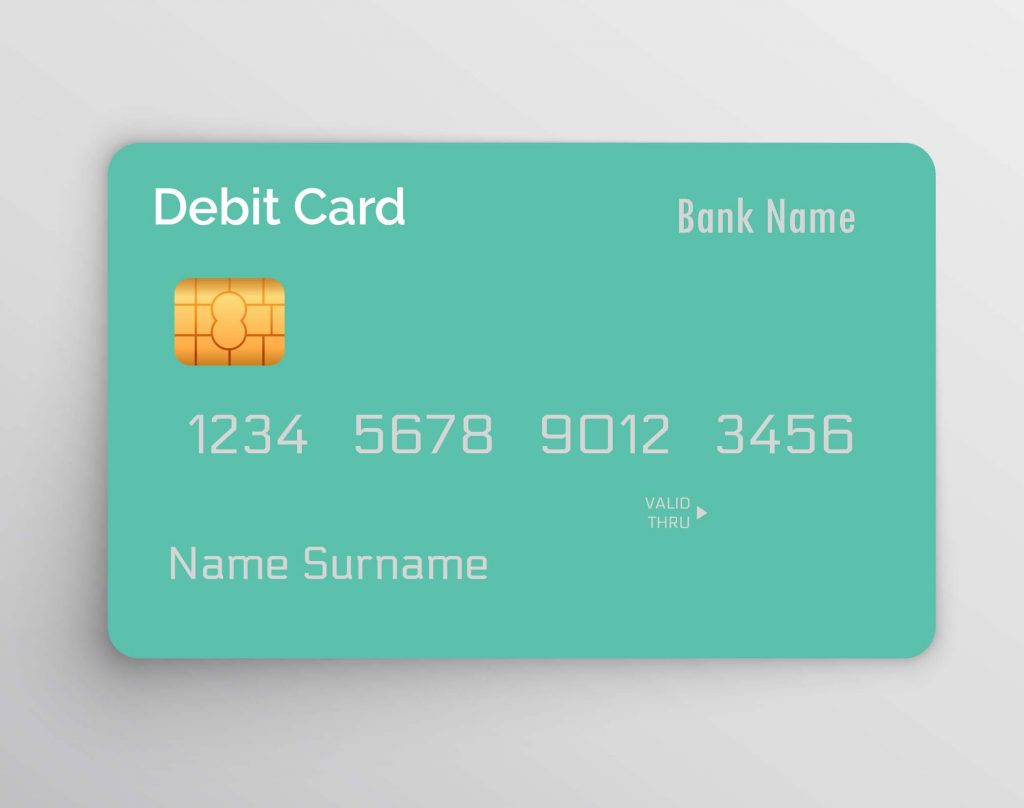
A debit card is a plastic card that is issued by the bank to you, allowing you to make payments on purchases from that and thereby debiting the balance from your bank account. Since there is no credit facility in debit cards, the maximum limit you spend through it is the limit of what is available in your saving/ current account.
In Nepal, a debit card holds both the features of a debit card itself and an ATM card. This allows the users the flexibility in payment which enables the options of making purchases at merchant locations, online stores as well as cash withdrawal from ATMs with access to their bank account.
The usage of a debit card comes with a limit which is set by the central bank. In case of Nepal, it is set by Nepal Rastra Bank. Similarly, it has a validity ranging from 4-5 years, varying from bank to bank.
Common Features of a Debit Card
- One must have enough balance in their savings/ current account to withdraw money from ATMs or pay the purchase through debit cards
- For the international card customer, one must open a foreign currency account
- A debit card comes with a PIN based secured system, a metallic micro-chip, and the signature bar which is a medium of personal authentication of the customer
- The card must be renewed in a regular basis
Know some details about a debit /credit card
You must know these terms about a debit/credit card:
- The Card Number: It is a unique sixteen digit number.
- The issue and expiration date
- PIN code: It is a unique 4- digit code that must be entered while using a debit card.
- The Logo: It contains the logo of the card issuing bank and that of the card company. Normally, Nepalese banks accept VISA, SCT and MasterCard at large.
- Chip : The chip looks like a metallic chip embedded in a debit card that contains information about the account associated with that card. Any ATM or POS machine where you use your debit card recognizes you through that chip and a magnetic strip.
Why use a Debit card?
- Debit cards allow you to buy things without carrying cash
- They let you get cash quickly from your checkable deposits (current or savings account)
- You do not need to carry a cheque for issuing money every time if you carry a debit card
- You can also get a cash back if you use debit cards during purchase
- They are free of interest charges, but you have to pay regular charges like renewal, cross-ATM usage, card reissuance and replacement
- The limit of transaction allows you to control your expenses
- Debit card debits the amount of your bank balance only, so you can not spend more than you have in your bank account which keeps you in budget
- The domestic cards which are supported by mainly VISA or SCT can be used in all over Nepal and India. Some banks like NIBL allow you to use a debit card in Bhutan as well. The international debit cards are mostly supported by MasterCard which is acceptable globally.
Debit cards have numerous applications. However, they come with certain limitations.
Shortcomings of using a Debit card
Though debit cards prevent you from overspending and are safer than carrying cash in hands, they have certain shortcomings as follows:
- You do not build a credit history from a debit card
- They prevent debt but funds run out immediately when you use it
- It is less secure than a credit card because if someone finds your card, they might use entire amount of your bank account
- You can not borrow funds on credit through a debit card
- Using a debit card in an ATM other than your bank charges you certain fees
- Debit cards account for higher chances of banking frauds in Nepal
Hold on! We won’t leave you overwhelmed with these problems only. Here’s a guide how to utilize your debit card wisely:
- Change your PIN time and again to prevent any loss/ theft
- Choose a unique PIN you only know, not like that of your mobile number or birth date
- Immediately contact your bank in case of any loss/ theft
- Use chip enabled technology- it is safer than magnetic strip cards
- Keep track of how much money you spend through your debit card/ ATM (including fees)
- Ask your bank to send you e-mail or SMS alerts
- Try not to use ATMs of other banks as much as possible because they charge you extra fees
Through all this, you can get the most out of your debit card. Now, let’s move on to know about credit cards.
Credit Cards
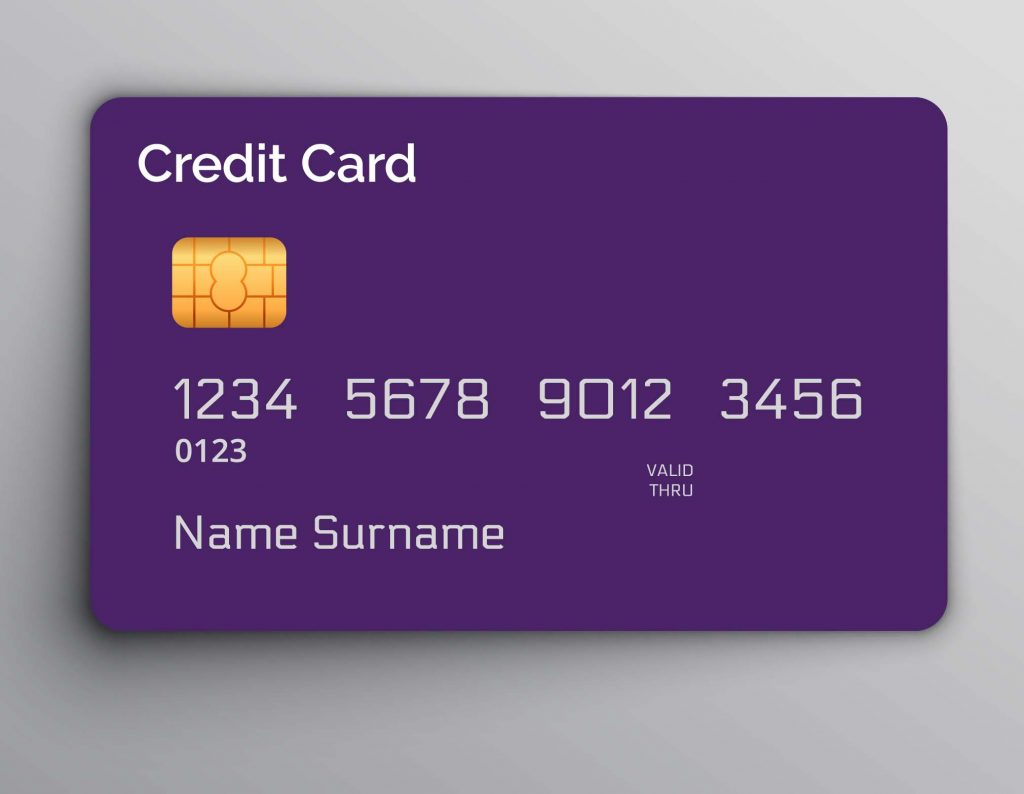
Credit cards also appear like that of debit cards but they allow you to borrow the amount from the bank and pay it later. When you use one, the bank pays on behalf of yours and you pay to the bank later. It provides you an advanced cash facility so that when you swipe at a POS to make payments, you can use the amount not available in your bank account, with a deadline to repay it later.
The bank charges you with an additional interest if you do not pay all of your credit amount in time. For example, Everest Bank Limited provides you a grace period (interest free credit period) of minimum 15 days to maximum 45 days. The bank creates a revolving account and grants a line of credit to the card holders which enables them to pay on the purchase of goods and services from merchant outlets or draw cash from ATM outlets.
Common Features of a Credit Card
- Like debit cards, credit cards are also accepted in ATMs and POS terminals
- By using a credit card, you can borrow the money from your bank, one does not need to have enough balance
- The bank does not issue credit cards to everyone, one must have an income source to make sure you can repay it in time
- Credit cards are widely accepted for online purchases
- They carry a revolving credit cycle (15-45 days) with interest rates
- It provides you the facility to enhance your credit limit
Like debit cards, credit cards also appear in a plastic body with a metallic-plated microchip. Since the Nepalese merchants are not fully equipped with metallic-plated microchip reading POS, the credit cards are equipped with the magnetic strips as well.
Why use a credit card?
Many people think of a credit card as a debt trap since you borrow the amount from the bank, use it and repay it later within a short span of time. But, the bank is not stupid enough to issue credit card to any random account holder. It goes through the inspection of how much of a regular income you make and where that comes from. So, most of the credit card users are those who have regular income sources and those who have the ability to pay it within the deadline.
“So, if you have enough money to pay it back, why borrow from the bank?”, some might be wondering.
The main reason behind this is that credit cards help build your credit scores. The bank has records of how often you make timely payment of your credit card liability and assigns your credibility based on that as well. So that you can obtain a loan for other purposes like business, housing, automobile, etc. based upon your credit scores.
There are other numerous pros of having a credit card:
- It helps you build a strong credit history
- They offer rewards, cash backs etc. during online purchases
- Credit cards are a safer way to pay things online
- You can spend at higher limits and do not need to worry about the balance in your bank account, once you issue a credit card
- Like Debit cards, it caters hassle-free solution to carrying cash in hand
- Credit cards are safer than debit cards regarding thefts and frauds
Despite having such merits over a debit card, a credit card is not always good to you if you do not use it wisely. Here are the possible cons of a credit card:
- They can build a great credit score but hurt it if you do not pay on time
- Credit cards somehow promote overspending
- You need to pay interests and fees if not paid in due date
- Unlike a debit card, one must have credit-worthiness before getting it.
Now that we are clear about the pros and cons of a credit card, why not get some tips on how to use it wisely!
- Credit cards can expose you towards impulsive purchases. So, try to avoid those purchases that you do not really need.
- Keep a control over the spending of your immediate family members if you have issued one for them
- Try not to exceed the due date for payment and avoid additional interest and charges
Debit Card vs Credit Card: Which One is Better?
A credit card is mostly useful in making online purchases and emergencies, while a debit card is more applicable for making regular purchases or cash withdrawal from your account. Your debit card is the best option at cash withdrawals and ATM while you can use credit cards in POS or during online purchases. A debit card has nothing to do with your credit score while a credit card is what mainly determines your credit score- your eligibility to obtain a credit from the bank. Talking about the spending, it is up to the card holder to have a control upon their spending. So, the best way to do that is making a boundary between your wants and your needs, and then spending upon the top most necessity.


